Molecular Diagnostics

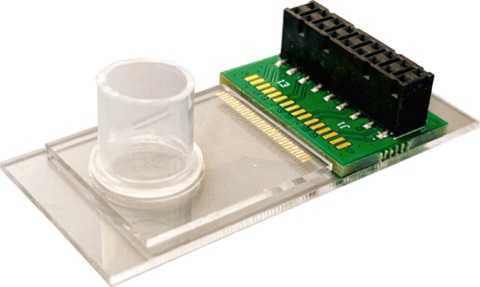
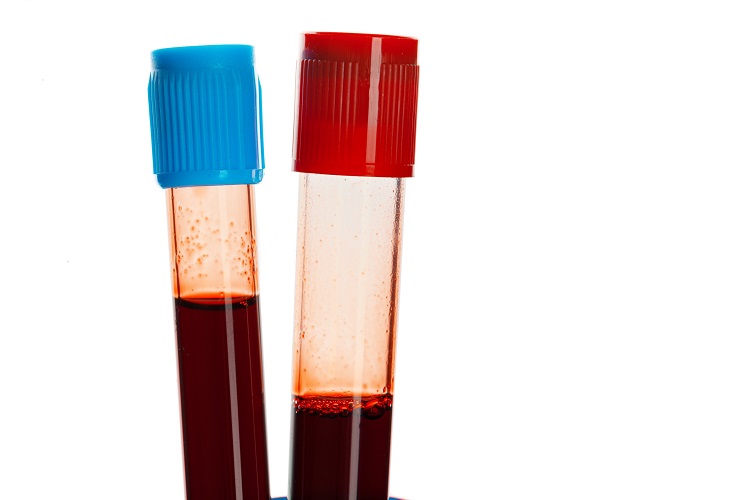
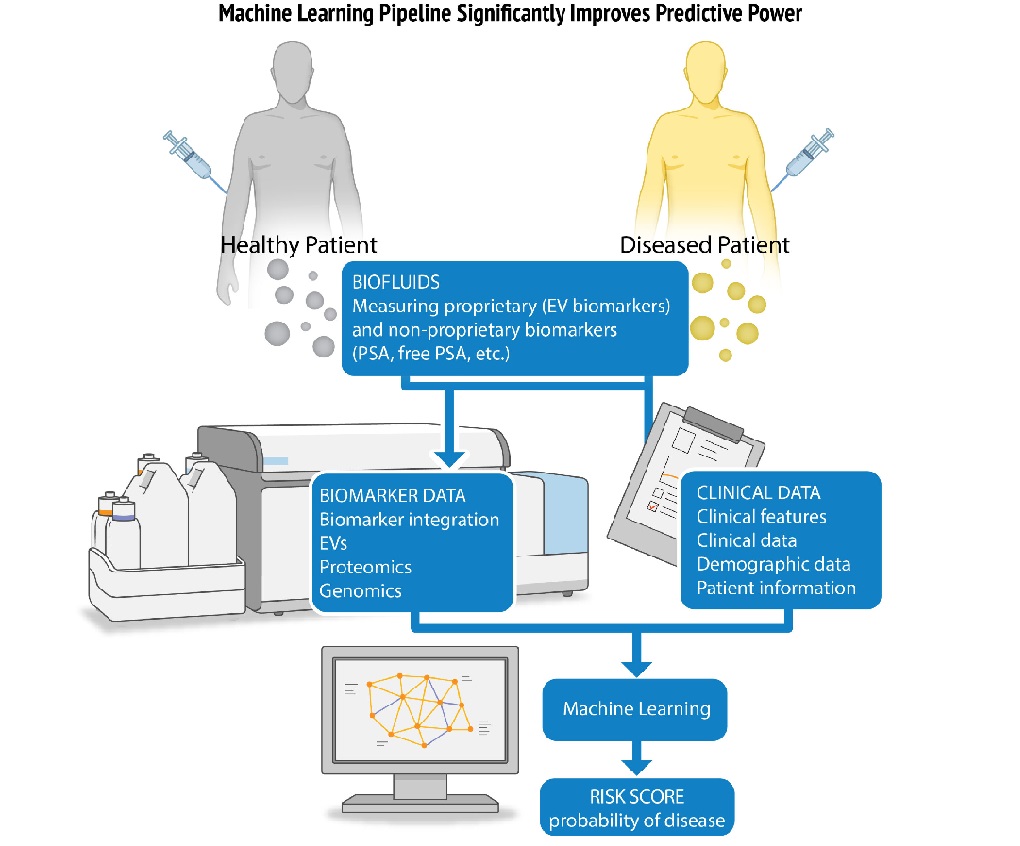

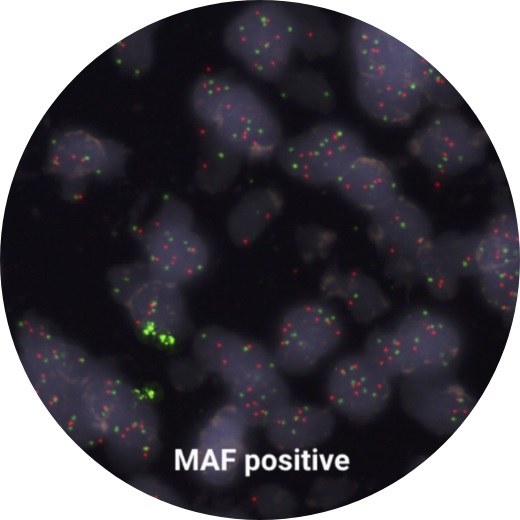
Pioneering Test Predicts Recurrence and Survival Rates in Breast Cancer Patients
A new test can provide insights into the prognosis of breast cancer patients and help identify patients who can potentially avoid recurrence as well as benefit from supplemental treatment with bisphosphonates. More...02 Oct 2023
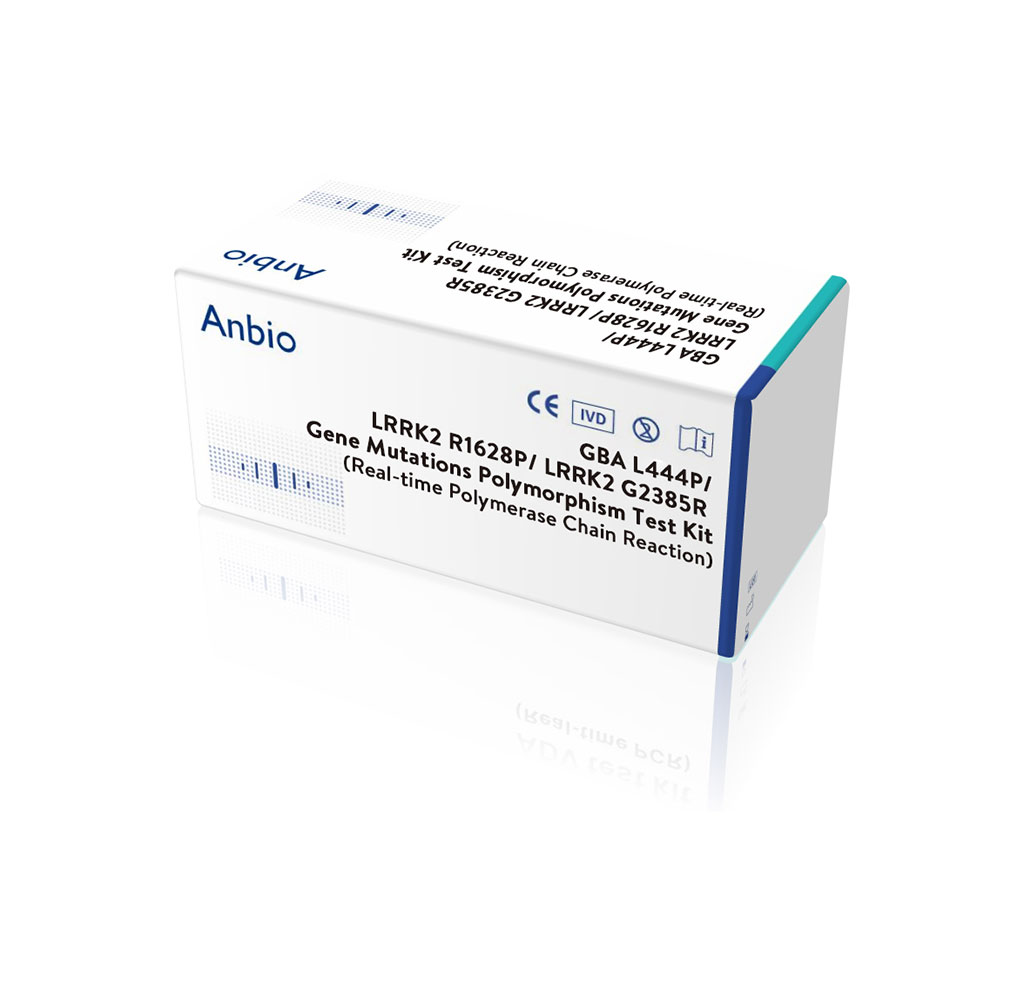
In Other News
Novel Non-Invasive Liquid Biopsy Assay Enables Monitoring of Multiple Myeloma Patients
Digital PCR Test Enables More Accurate and Earlier Diagnosis of Preeclampsia in Pregnant Women
New Rapid Molecular Test Detects Bacteria and Viruses With 93.33% Accuracy
Molecular Multiplex Panels Quickly Supplanting Conventional Pathogen Detection Methods, Finds Report
Novel Test Detects Cervical Cancer Earlier than Traditional Screening Methods
Molecular Diagnostic Accurately Predicts Patient Response to Neuroendocrine Cancer Treatment
Unique Multiplex PCR Test Detects 15 Most Common Respiratory Pathogens in 15 Minutes
Sequencing-Based Technology to Deliver ‘Holy Grail’ Of Infectious Disease Diagnostics
Innovative Platform to Address Need for Fast and Accurate POC Testing for Infectious Diseases
Powerful Diagnostic Tool Accurately Detects Monkeypox Virus Faster Than Any Method
Celiac Disease Blood Test to Eliminate Painful Biopsies
Blood-Based Biomarker Test Predicts Progression to Alzheimer’s in At-Risk Population
Cheap, Non-Invasive Blood Test Predicts Alzheimer's Risk 20 Years Ahead of Symptoms
Microneedle Skin Patch Enables Cancer Biomarker Sampling for Single-Molecule Measurement
Molecular Diagnostic Test for Congenital Syphilis Could Enable Immediate Treatment
Simple Genetic Test Identifies Patients Vulnerable to Severe Side Effect of MS Drugs
First Non-Invasive, Rapid POC Test Diagnoses Parkinson’s Disease in 8 Minutes
Ready-To-Use Panels Fulfill CLIA’s Performance Specifications for Assay Verification
Blood Test Detects Chronic Fatigue Syndrome with Over 90% Accuracy
Bioelectronic Devices Capture and Release Tumor Cells for Early Cancer Diagnosis
New Method Using DNA Nanoballs to Revolutionize Pathogen Detection
Noninvasive Biomarker Tests Could Eliminate Painful Liver Biopsies
New Test Detects Hard-to-Find Cervical Cancers
Genetic Testing channel of LabMedica brings the latest in molecular genetics, cytogenetics, and epigenetics, and methods from PCR to FISH, and more.










